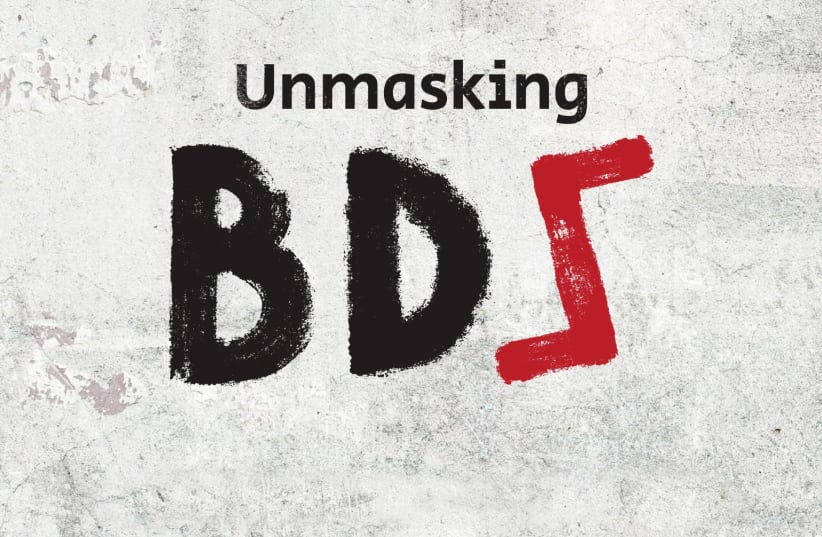Israel’s growing budget deficit is a problem that needs to fixed, but is “not a catastrophe or a financial crisis,” Finance Ministry director-general Shai Babad said on Monday.Speaking at a Knesset Finance Committee meeting dedicated to tackling Israel’s fiscal deficit, which stood at 3.7% of GDP for the 12-month period ending in October, Babad said the next government will need to define clear priorities and targets to deal with the issue.“We are still in good shape, but there is a slowdown in growth,” said Babad, who participated in the meeting wearing his IDF reservist uniform.“Nobody foresaw that we would be in continuous election campaigns which would paralyze our ability, and that of the government, to return the economy back to the appropriate framework.”According to the 2019 budget, the government planned an annual deficit of 2.9% of GDP, or NIS 40.2 billion. Babad estimated that the full-year deficit for 2019 will likely stand at 3.6-3.8% of GDP.Shaul Meridor, the Finance Ministry budget director, warned the committee that the growing deficit was the result of a “structural flaw,” rather than an issue that will fade away in due course.“This was not a year in which we made a mistake and therefore the deficit increased – if we do not take care of the foundations, we will be in serious trouble,” he said. “We currently have a 2020 forecast of approximately 3.8%, and this is before the implementation of coalition agreements, disability [stipends] agreement and more. In the next budget, we will need to bring in about NIS 25b. to NIS 30b. It’s a tough budget. Once there is a government, we will prepare a very broad set of measures, of all kinds, to propose.”Addressing the costly impact of multiple elections, Meridor told the committee that the September 17 ballot cost the Israeli economy approximately NIS 3.3b. While state expenditure reached NIS 700m.-800m., the loss of productivity caused by the national holiday on Election Day cost the Israeli economy an estimated NIS 2.5b.Meridor also expressed concern regarding Israel’s rising debt-to-GDP ratio, measuring the country’s level of public debt compared to its gross domestic product. While the ratio had been in decline since 2002, it started to rise last year, and is expected to rise again in 2019.“In order to maintain the debt-to-GDP ratio, a deficit not exceeding 2.5% per year must be maintained,” he said. “We are far from it, but this is the goal that the government must meet. Tax policies, deficits and debt, and government spending, all dramatically affect one another.”
Finance Ministry director-general: Budget deficit is 'not a catastrophe'
Israel's growing budget deficit is a problem which needs to fixed, but is "not a catastrophe or a financial crisis," Finance Ministry director-general Shai Babad said on Monday.
